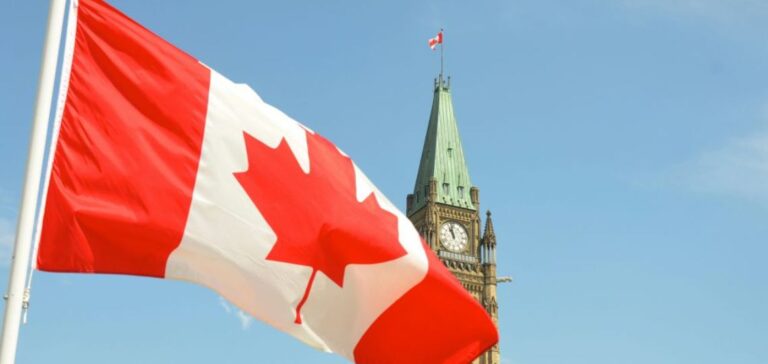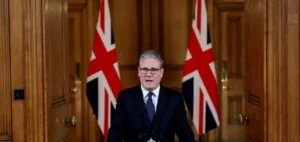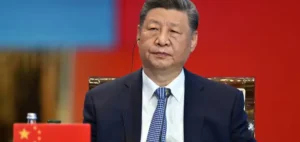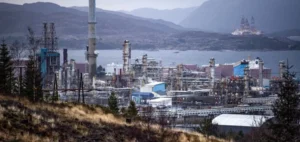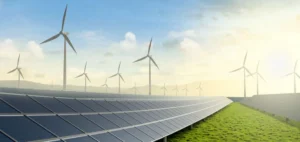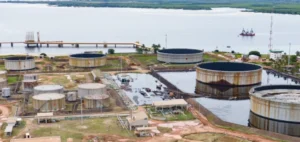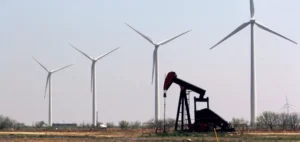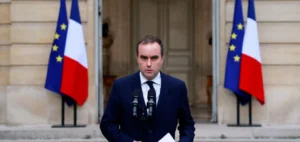The Public Policy Forum (PPF) has released a report outlining a strategy to revive investment in major energy, critical mineral and infrastructure projects. The report proposes a national action plan to fast-track more than 500 large-scale projects toward Final Investment Decision (FID), potentially generating up to CAD1 100bn ($811.6bn) in cumulative gross domestic product growth by 2035.
Titled Build Big Things: A Playbook to Turbocharge Investment in Major Energy, Critical Minerals and Infrastructure Projects, the document highlights the need for stronger coordination between public and private sectors, streamlined regulatory procedures, increased economic participation of Indigenous communities, and the development of key infrastructure to support these projects.
A response to Canada’s structural challenges
The report comes amid stagnating productivity, trade tensions with the United States, and intense global competition over strategic resources. It argues that Canada is well positioned to fully leverage its energy and mining potential to boost long-term economic growth.
Economic data from Navius Research Inc. indicate that these projects — spanning clean electricity, oil and gas, mining, and decarbonisation technologies — could contribute a 4.5% increase to national GDP. According to the PPF, this collective effort would also help secure Canadian exports and meet rising global demand.
Toward accelerated governance of strategic projects
The document outlines ten priority measures, including the creation of a Strategic Investment Office, alignment of existing federal programmes, and a two-year regulatory approval timeline. The report also recommends identifying a list of nation-building projects to prioritise based on economic, social, and territorial criteria.
More than 150 stakeholders contributed to the report, including government agencies, mining and energy industry leaders representing 95% of national production, Indigenous leaders and financial institutions.
A call for coordinated action to capture global markets
According to Jay Khosla, Executive Director of Economic and Energy Policy at the PPF, the plan’s implementation could trigger a new wave of investment across Canada’s resource and infrastructure sectors. “Canada has enormous potential to accelerate its growth by removing the identified barriers. It is imperative that we unlock our natural advantage,” he said.
Inez Jabalpurwala, President and CEO of the PPF, added that the programme is part of a broader national initiative, Mission Canada, aimed at developing actionable economic policies to support Canadian prosperity.


